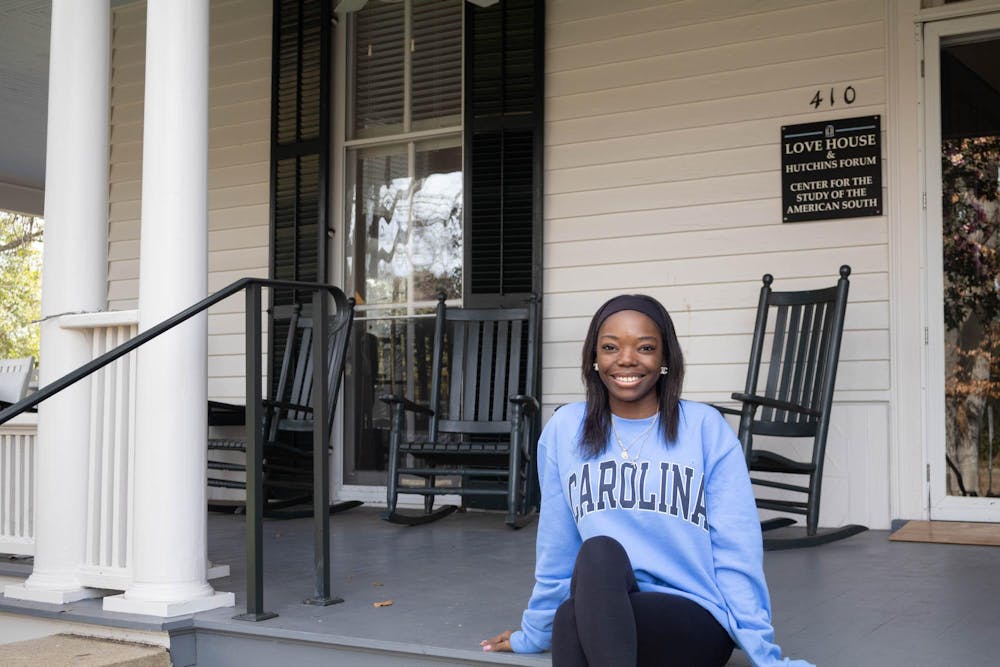For Jimmy Barnes, one of the first Black students to graduate from UNC, his time at the University could best be described as solely educational. Social life for Black students at UNC, he said, was nonexistent.
Barnes is part of a group of UNC alumni known as Black Pioneers — the first Black graduates who matriculated at UNC from 1952 to 1972.
When a court order in 1951 ordered the UNC School of Law to admit Black students, Harvey Beech, James Lassiter, J. Kenneth Lee, Floyd McKissick and James Robert Walker became the first of many pioneers. Four years later, the University began accepting Black undergraduate students, because of a ruling from federal courts.
Beginning in 2015, the Southern Oral History Program interviewed some of the pioneers about their experiences as students at the University.
The oral histories and transcripts, now published online, document the lived experiences many Black students faced during the early period of integration at UNC.
Since conducting these oral histories, the program has published 15 of the transcripts online. In 2016, a performance adaptation of the interviews called The Black Pioneers Project was performed in the Sonja Haynes Stone Center for Black Culture and History.
"These are folks who have helped UNC achieve its stated mission and have not often been recognized for doing so. And because they struggled with roadblocks and impediments due to racism in different moments, they did so often as an uphill battle,” Renée Alexander Craft, the interim director of program, said. “So the University needs to be committed to recognizing their contributions.”
Barnes, a 1968 UNC School of Pharmacy graduate and Greensboro native, said typical UNC social events, like football games were not appealing due to racist songs that would be played.
“Every weekend I could, I would go to one of the historically Black universities back then, but that was my focus,” Barnes said in his oral history. “As far as during the week, the time to come study, I had to be here, and that’s where I was.”




